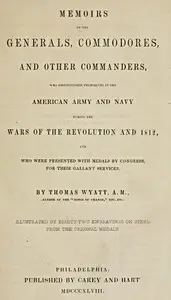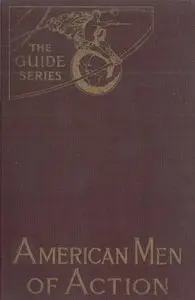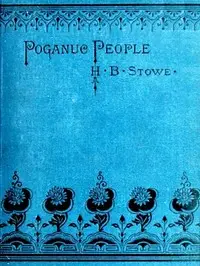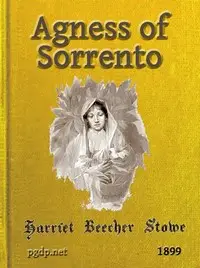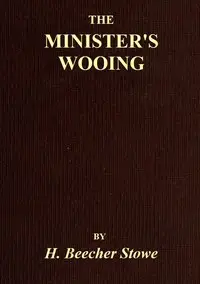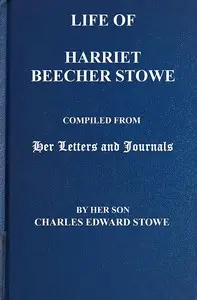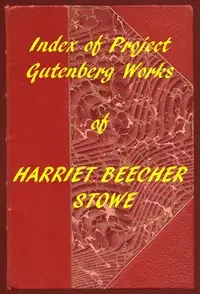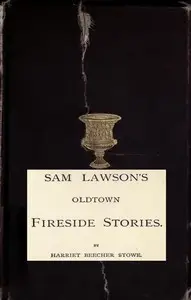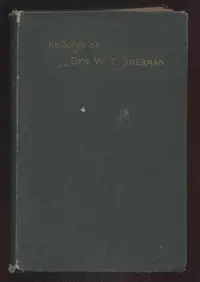"Men of Our Times; Or, Leading Patriots of the Day" by Harriet Beecher Stowe is a record of the lives and actions of important people like politicians, military leaders, and speakers during the time of the American Civil War, featuring Abraham Lincoln and Ulysses S. Grant. The book starts by talking about how important these men were to the history of the United States, as it shows the fight for equality and freedom in the war. The book aims to celebrate these figures for their moral strength.
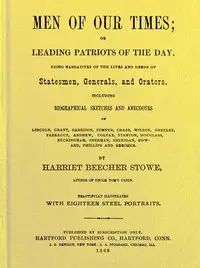
Men of Our Times; Or, Leading Patriots of the Day Being narratives of the lives and deeds of statesmen, generals, and orators. Including biographical sketches and anecdotes of Lincoln, Grant, Garrison, Sumner, Chase, Wilson, Greeley, Farragut, Andrew, Colfax, Stanton, Douglass, Buckingham, Sherman, Sheridan, Howard, Phillips and Beecher.
By Harriet Beecher Stowe
Discover the gripping stories of the brave individuals who shaped a nation during its most challenging period,.
Summary
About the AuthorHarriet Elisabeth Beecher Stowe was an American author and abolitionist. She came from the religious Beecher family and wrote the popular novel Uncle Tom's Cabin (1852), which depicts the harsh conditions experienced by enslaved African Americans. The book reached an audience of millions as a novel and play, and became influential in the United States and in Great Britain, energizing anti-slavery forces in the American North, while provoking widespread anger in the South. Stowe wrote 30 books, including novels, three travel memoirs, and collections of articles and letters. She was influential both for her writings as well as for her public stances and debates on social issues of the day.
Harriet Elisabeth Beecher Stowe was an American author and abolitionist. She came from the religious Beecher family and wrote the popular novel Uncle Tom's Cabin (1852), which depicts the harsh conditions experienced by enslaved African Americans. The book reached an audience of millions as a novel and play, and became influential in the United States and in Great Britain, energizing anti-slavery forces in the American North, while provoking widespread anger in the South. Stowe wrote 30 books, including novels, three travel memoirs, and collections of articles and letters. She was influential both for her writings as well as for her public stances and debates on social issues of the day.

